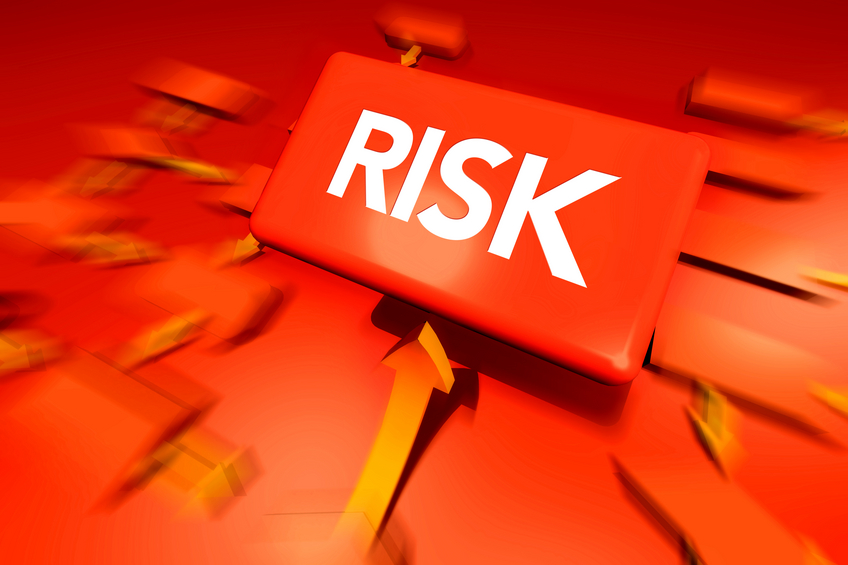What is an Emergency Action Plan?
The purpose of an EAP is to facilitate and organize employer and employee actions during workplace emergencies.

What is Business Risk?
Sometimes referred to as company risk, a business risk can be the result of internal conditions, as well as some external factors that may be evident in the wider business community.

Enterprise Risk Management: Best Practices for Tomorrow’s Executives Is Essential Insights
a risk-based approach to managing an enterprise, integrating concepts of internal control, Sarbanes–Oxley Act, and strategic planning.

 Enterprise risk management (ERM) in business includes the methods and processes used by organizations to manage risks and seize opportunities related to the achievement of their objectives.
Enterprise risk management (ERM) in business includes the methods and processes used by organizations to manage risks and seize opportunities related to the achievement of their objectives.
ERM provides a framework for risk management, which typically involves identifying particular events or circumstances relevant to the organization’s objectives (risks and opportunities), assessing them in terms of likelihood and magnitude of impact, determining a response strategy, and monitoring progress. By identifying and proactively addressing risks and opportunities, business enterprises protect and create value for their stakeholders, including owners, employees, customers, regulators, and society overall.
ERM can also be described as a risk-based approach to managing an enterprise, integrating concepts of internal control, Sarbanes–Oxley Act, and strategic planning. ERM is evolving to address the needs of various stakeholders, who want to understand the broad spectrum of risks facing complex organizations to ensure they are appropriately managed. Regulators and debt rating agencies have increased their scrutiny on the risk management processes of companies.


